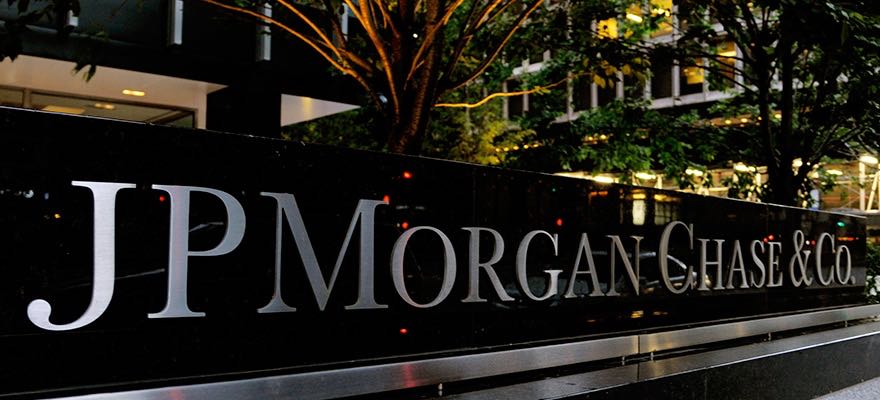Greenwich Associates has just announced the results of its latest report on the structure of the global foreign exchange market. The company published select excerpts that shed light on the most convincing trends in the space including eFX growth.
With the latest developments in the market centered around new best Execution practices and eFX trading, the dominant position of both JPMorgan and Citi has been extended. Together, the electronically traded part of foreign exchange now represents 80 percent of the global electronic FX trading volume.
The duo is also very strongly positioned in traditional sales and trading. Throughout the past year, UBS and Barclays have also won new client relationships and trading share. In what seems to have become a very competitive and tight marketplace, Citi managed to defend its title as the biggest FX dealer globally for the fourth year running.
JPMorgan and HSBC are tied in second place according to Greenwich’s research paper. The fourth spot is held by Barclays and Bank of America Merrill Lynch, rounding out the top five.
Tightening Margins
Looking at financials, JPMorgan is outranking City at the top, while UBS is in a distant third. The rest of the pack which is closely nit includes Barclays, Deutsche Bank, and Goldman Sachs.
According to Greenwich Associates, the competitive marketplace is leading to thinner margins across the board. The paper is highlighting together with the ongoing electrification of transactions the latest industry trends are leading to a challenging environment to make money on some of the flow, including many G10 spot trades.
Market players are also becoming more selective in how they allocate resources across clients. Despite the fact that G10 spot trading is seen as a leading loss driver, the firms have kept the segment to win other more profitable business.
“These dealers’ varying strengths and focuses are reflected when looking at the top banks by the major client segments,” says Greenwich Associates consultant Satnam Sohal.
Niche Market Opportunities
According to the findings in the research paper, while many companies are looking to capitalize on FX flows, the main opportunities remain in the niche markets. The Managing Director of Greenwich Associates, Frank Feenstra, elaborates: “Smaller and regional banks can compete successfully by carving out a niche, be it in specific currency pairs where they have a natural advantage, in complex structured trades or in specific client segments such as corporates—especially those companies to which the bank provides credit.”
Other niche markets can be seen in European FX, where despite the dominance of global FX dealers, regional banks are focusing on their core domestic banking clients. The advantages of having close physical proximity to local firms, and dealing in the home currency outside of the Eurozone can be dealmakers.
In the meantime, local banks in Germany, Italy, the Netherlands, and the United Kingdom are also strong in their home markets. Greenwich also highlights that local dealers tend to have a larger footprint and to trade FX with a larger number of corporates. Clients are also reporting higher satisfaction rates with the service of local banks as opposed to when trading with global leaders.
RBC Leads in Canada
Taking a glimpse at the Canadian foreign exchange market, eFX is growing, however, local players are ceding control to the global leader pack. RBC Capital Markets has the most highly regarded e-Trading Platform in the local market.
BMO Capital Markets and TD Securities follow up with investments in technology which is helping them gain ground. Meanwhile, local FX dealer National Bank Financial has earned the title of Greenwich Quality Leader for Canadian FX Service in 2019. The company is very popular among corporates and is on its way to expand into investors.


















